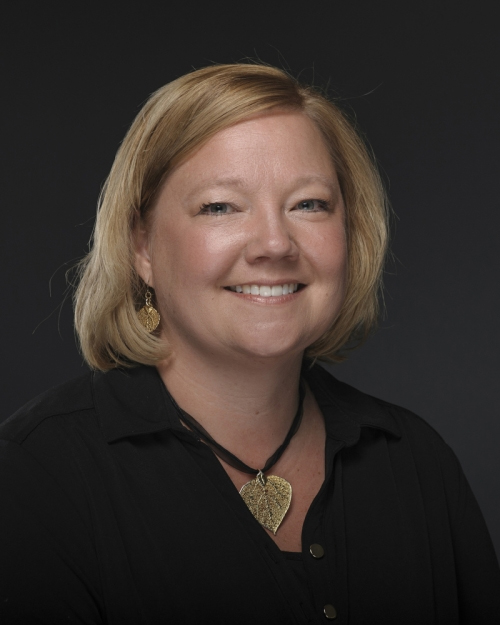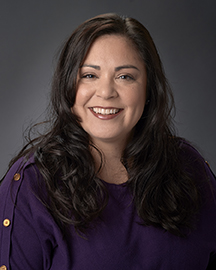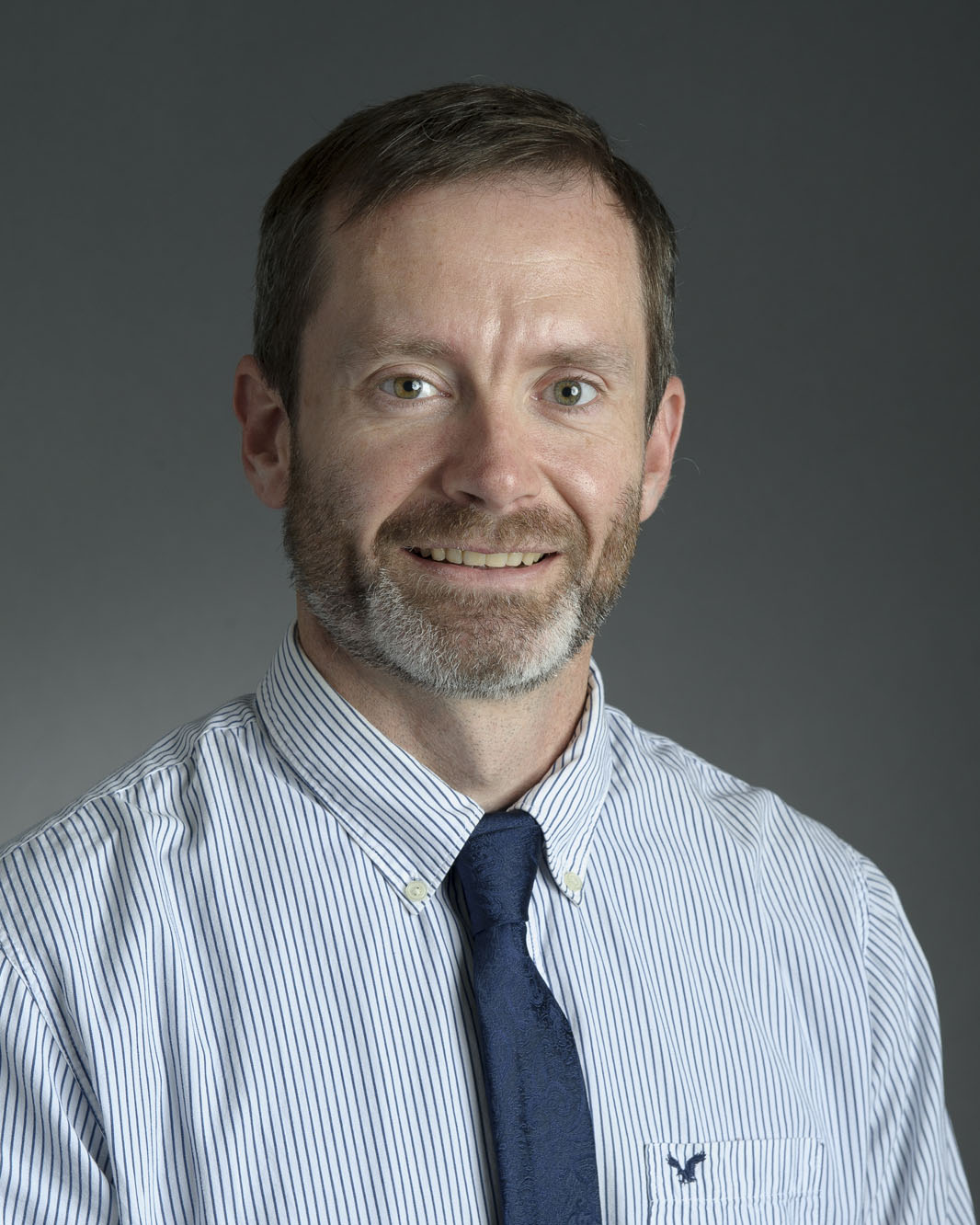Counseling
Mission Statement
The mission of the Department of Counseling is to prepare interpersonally skilled and culturally attuned professionals who promote mental health and wellbeing. These professionals support the holistic wellbeing of individuals and families across the lifespan in communities and schools throughout Montana and beyond.
Programs Offered
The counseling program offers three graduate counseling degree options: Clinical Mental Health Counseling; Marriage, Couples, and Family Counseling; School Counseling; and certificates in Addiction Counseling and Mental Health Support. The links provided below provide more detailed information regarding the distinctions between the three master’s concentrations and two certificates to determine which area best matches a prospective student’s career goals. For students in the master’s degrees they graduate with strong foundational knowledge and experience that will facilitate their success as counselors in a variety of professional settings. All three of our master's-level programs are accredited by the Council for Accreditation of Counseling and Related Educational Programs (CACREP).
The Clinical Mental Health Counseling option combines didactic and experiential course work to give students grounding in theories and principles of mental health counseling and extensive experience in supervised application of those theories and principles with adult clients. The Clinical Mental Health Counseling prepares students to enhance their personal and professional development as counselors; to increase their ability to understand the characteristics and concerns for adult client populations and their environments; to develop their knowledge and skills in use of theory-based counseling models; and to train them in the use of scientific methods of inquiry and evaluation. The Clinical Mental Health Counseling program meets educational licensure requirements for a Licensed Clinical Professional Counselor in the State of Montana.
This program option is designed to prepare counselors to address a variety of mental health and relationship issues from a family systems framework. Students in this program are trained to work with individuals, children, families, or couples from a family systems perspective.
Students in the Marriage, Couples, and Family counseling master’s degree work in a broad range of counseling contexts where they see children, adolescents, individuals, couples, and families. This extended focus beyond individual counseling provides a well-rounded training experience. The Marriage, Couples, and Family Counseling program meets educational licensure requirements for a Licensed Clinical Professional Counselor in the State of Montana.
Competent counseling practice is informed and guided by theory and evidence-based best practice. The school counseling degree emphasizes thorough knowledge of counselees' developmental and cultural contexts. During counseling practicum, students are closely supervised in their use of practical counseling skills, counseling theories, and professional practice in the K-12 school setting. Supervised practice continues and is expanded during internship. The School Counseling program meets educational licensure requirements for a Licensed School Counselor Specialist in the State of Montana.
The addiction counseling certificate program is an online academic program that prepares students to pursue licensure as a Licensed Addiction Counselor (LAC) in Montana. Please note, this is a graduate certificate program – not a master’s degree program. Students must have a bachelor's degree in a relevant field with a GPA of 3.0 to apply. However, we encourage motivated students with a GPA less than 3.0 to contact us to discuss the application process.
The graduate online certificate in mental health support will provide mental health training for career professionals to better support those who work in environments that intersect with human services. This certificate requires 12 credits of online coursework. Coursework is focused on development and helping theories, multicultural and diversity/inclusion education and support, helping skills and attending behavior, crisis management and trauma, reducing stigma around mental health, consultation, career, and leadership theory. This certificate program is offered summers only to accommodate faculty schedules as well as to increase accessibility to those working in K-12 as well as the university setting.
This program is an approved Western Regional Graduate Program. The WRGP allows master's, graduate certificate, and doctoral students who are residents of WICHE-member states to enroll in 900+ graduate programs at 60 public institutions outside their home state, and pay up to 150 percent of resident tuition. To learn more, please see the WICHE/WRGP website.
Faculty
Anna Bartkowiak, PhD
Asst Professor, Counseling

Katey Franklin, PhD
Asst Professor; Program Leader, School Counseling

Rebecca Koltz, PhD
Professor; Program Leader, Marriage, Couples, and Family Counseling

Bryan Lamb, PhD
Director, Human Development Clinic; NTT Instructor

Sarah Mendoza, PhD
Asst Professor; Program Leader, Clinical Mental Counseling









